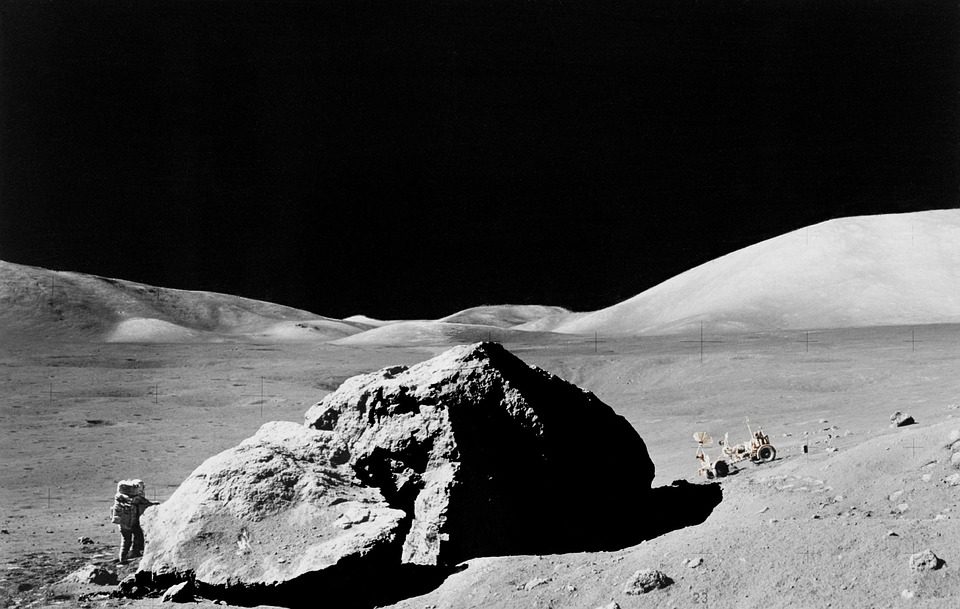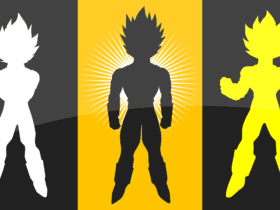Researchers have cultivated vegetation for the very first occasion using dirt retrieved by Apollo astronauts on the lunar surface. The findings were published in Communications Biology.
Scientists sought to examine whether the tough moon soil could be utilized to produce food for the future wave of lunar travelers since they didn’t know if anything would develop. After seeing the findings, they were shocked. It was grown on the dirt brought back from the moon by Apollo 11 astronauts Neil Armstrong & Buzz Aldrin, as well as additional moonwalkers. The fantastic part is that each and every one of the seeds germinated.
Petite, blooming weeds developed slower than seedlings put in imitation lunar soil on Earth following the initial week because of the lunar soil’s crassness and other features. There were several stunted lunar blooms.
After a lengthy period of being subjected to cosmic rays and solar radiation, crops appeared to suffer. Thus according to experts, the Apollo 11 materials, which had been subjected to the conditions for a few billion years more due to the Sea of Tranquility’s ancient crust, have been the least suitable for proliferation.
The micrometeorite strikes that littered the Apollo moon space probes and wore out the protective suits of the first people to tread on the moon have left a trail of glass pieces in the lunar soil.
Agricultural soil might be dug out from lava flows or other recently formed geological features on the moon. Changing the nutrition mix or the lighting systems may also be done to modify the habitat.
Scientists were forced to conduct experiments on Earth using volcanic ash as a substitute for the moon’s soil. The long-awaited seeding occurred in a lab in May after NASA officially sent over 12 g to University of Florida scientists earlier last year.
Such an endeavor has now dawned at the appropriate time for NASA, which plans to return people to the moon in just some few years. Researchers say that rather than using an all-water hydroponic setup, future astronauts could make use of the abundant local soil for indoor gardening.












Leave a Reply